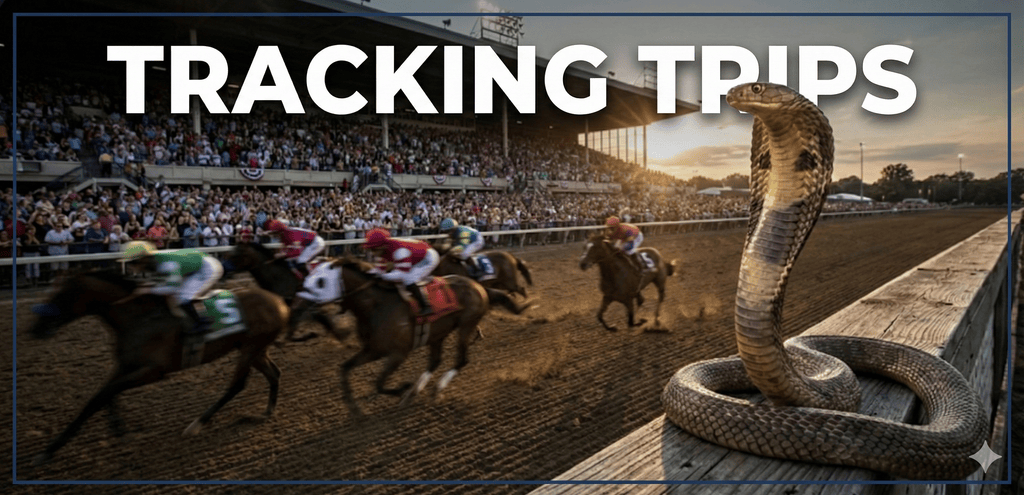With over 350 breeds of horses in the world, there is a significant range between how much the smallest and largest breeds weigh.So How much does a horse weigh? The smallest recorded weight of a horse was a whopping 9 pounds. A horse named Big Jake weighed 2,600 pounds, making him easily weigh the most out of any other horse recorded yet. At the end of the day, how much a horse weighs really depends on the horse in question. Keep reading to learn more about the body composition of these amazing animals
Did you know the average horse’s head alone makes up approximately 10% of its body weight? Of course, this percentage is bigger for draft breeds like Shires and Clydesdales or even the comparably slight but speedy Thoroughbred. As expected, however, different breeds come with different “averages,” meaning what would be the average weight for an American Quarter horse is going to differ greatly from that of a Shetland pony’s average weight. Furthermore, medical history and lifestyles also contribute largely to a specific horse’s ideal weight. After all, since an average is simply another representation of that which is typical, there are many specific factors such as the ones mentioned earlier that create a need for horse owners to keep track of their horses’ weights.
The types of horses that especially need accurate weight measurements are both easy and hard keepers, senior horses, and horses that are still growing. Easy keepers are the horses that spend a little too much time at the round bale, they have no trouble gaining weight. Hard keepers cannot seem to gain weight no matter how much they eat. Senior horses can have health complications that cause their weight to fall to a dangerous level due to a system that functions less effectively. Horses typically don’t stop growing until they reach around 4 years of age. Heavier, taller breeds sometimes don’t grow to their full height until they are 8 years old.
While it can be determined relatively easy if a horse is at a healthy body weight just by simple observation, sometimes even a healthy-looking horse can be slightly overweight or underweight. As a horse owner, it is very important to track your horse’s weight, even if he appears to be perfectly healthy. Horses can have their own set of scales but these come with a high price tag. Two methods that are both affordable and just as effective simply involve a weight tape and a little bit of math. A weight tape can be found at a feed a tack store and you simply wrap it around the horse’s heart girth and read what is indicated on the tape. If you don’t have a weight tape, a simple measuring tape can be used to gather measurements for the heart girth and length formula. Much like length times width equals area, this formula is another simple way to accurately asses your horse’s weight; it just takes a little more brainpower.
While knowing what is the average, or typical, weight for a particular breed of horse, it’s equally important to identify what is ideal for your horse specifically. A healthy weight contributes to an overall healthy lifestyle. Assess your horse’s medical history, take into account his stage of life and his activity level, and consult your veterinarian to become fully educated about the right steps to take to ensure your horse is at the healthiest weight for his body.



